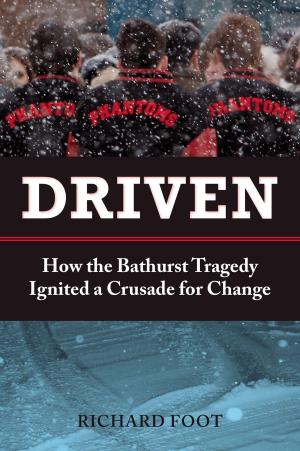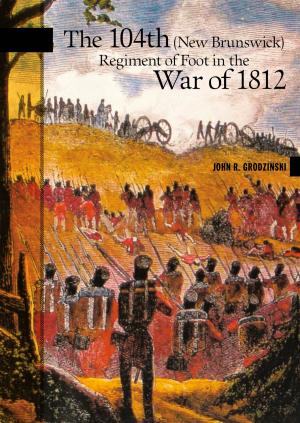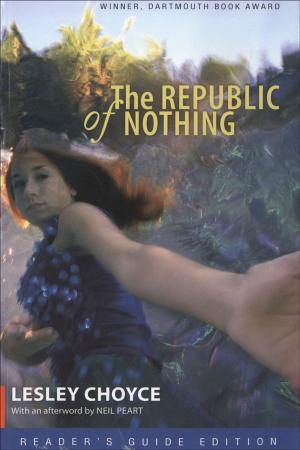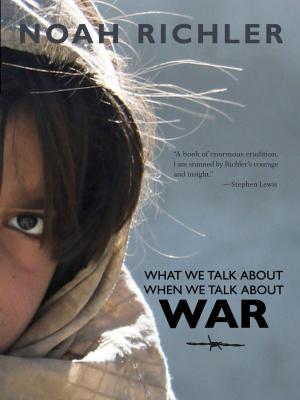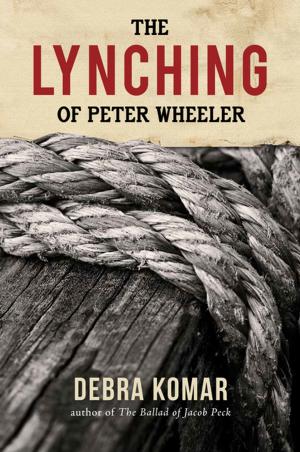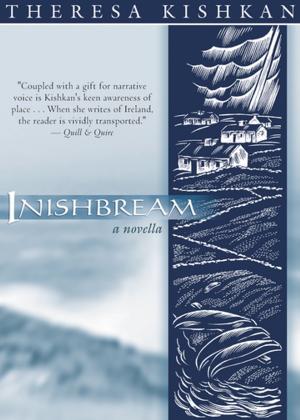The Blind Bookkeeper (or Why Homer Must Be Blind) / Le comptable aveugle (l'Incontournable cécité d'Homère)
Fiction & Literature, Literary Theory & Criticism, Books & Reading| Author: | Alberto Manguel | ISBN: | 9780864925916 |
| Publisher: | Goose Lane Editions | Publication: | November 15, 2010 |
| Imprint: | Goose Lane Editions | Language: | English |
| Author: | Alberto Manguel |
| ISBN: | 9780864925916 |
| Publisher: | Goose Lane Editions |
| Publication: | November 15, 2010 |
| Imprint: | Goose Lane Editions |
| Language: | English |
In 1943, Northrop Frye wrote a paper, left unfinished, on "the state of the world." His ideas of what to expect after the end of the war and the role that literature might play in a time of peace, are the starting point for a meditation on the roles of writer and reader, and what kind of vision is required of them to explore and depict the world. Homer is the archetype of the writer who can see into the future through his knowledge of the past. But how has Homer been read throughout the centuries by generations caught up in the counterpoint of war and peace? And, following Frye's exploration, can Homer teach us to become better readers? Why Homer Must Be Blind/ La cécité incontournable d’Homère is the third Antonine Maillet-Northrop Frye Lecture, sponsored by the Northrop Frye International Literary Festival and the Université de Moncton. It was presented on April 26, 2008, in Moncton, New Brunswick, as part of the 2008 Frye Festival.
In 1943, Northrop Frye wrote a paper, left unfinished, on "the state of the world." His ideas of what to expect after the end of the war and the role that literature might play in a time of peace, are the starting point for a meditation on the roles of writer and reader, and what kind of vision is required of them to explore and depict the world. Homer is the archetype of the writer who can see into the future through his knowledge of the past. But how has Homer been read throughout the centuries by generations caught up in the counterpoint of war and peace? And, following Frye's exploration, can Homer teach us to become better readers? Why Homer Must Be Blind/ La cécité incontournable d’Homère is the third Antonine Maillet-Northrop Frye Lecture, sponsored by the Northrop Frye International Literary Festival and the Université de Moncton. It was presented on April 26, 2008, in Moncton, New Brunswick, as part of the 2008 Frye Festival.



